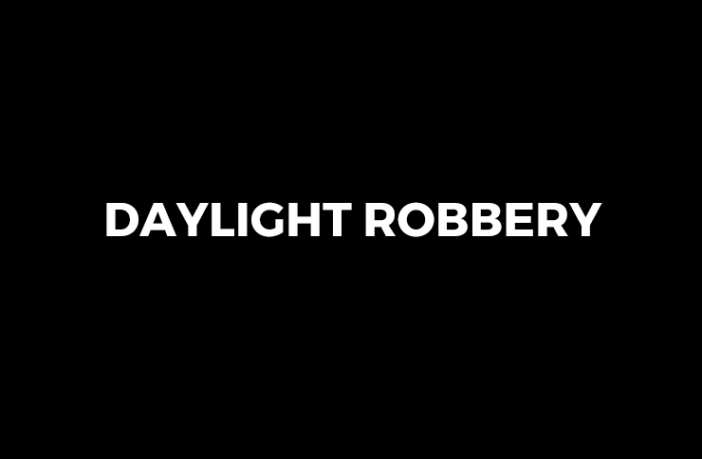Daylight robbery is a figurative phrase that associates an instance of unfair trading with actual robbery. Not just any old robbery, but one so unashamed and obvious that it is committed in broad daylight. Such is the feeling of the disadvantaged and spatially segregated communities of Cape Town, South Africa when it comes to the winning bid for the City’s Foreshore Freeway Precinct.
The City recently announced Mitchell Du Plessis Associates (MDA) as the winning bidder, from six bidders, for the redevelopment of the Foreshore Freeway Precinct valued at R8.3-billion. The development will include the completion of Cape Town’s famous ‘unfinished bridge’ which will finally connect Helen Suzman Boulevard to the N1 and N2 freeways. The unfinished bridge has been hanging since construction stopped due to a lack of funds back in 1977.
Serious questions have been raised as to why the City’s Urban Planning Department chose a bid that specifies approximately 3 200 market-related residential units and only a ‘minimum’ of 450 affordable units. The 3200 market related apartments will consist of 11 new tower blocks with heights ranging between 63 and 143 meters and have sea, mountain and harbour views.
The planned 450 affordable housing units do not seem to have any mountain, sea or harbour views as they will be situated ‘under or between’ the existing eastbound freeways between DF Malan and Christiaan Barnard Streets. While specific details are not available, the design would indicate that the affordable units will be positioned below the freeways which will effectively denying the inhabitants of natural direct day light for most of the day.
In South Africa we have a history of spatial segregation that existed under the apartheid regime. It is a legacy which we live with to this day. Workers in the City often take up to three modes of transport and spend as much as 40% of their wages getting to and from work. In a City that is crying out for sustainable urban development and affordable housing, the allocation and location of affordable housing for this project is insulting not only to the people of Cape Town but the country as a whole.
The City’s prospectus for the project states that there should be mixed use of the land, including transport, affordable housing, the creation of social and economic opportunities and the provision of open space. The winning bid is effectively a residential/retail development. There are no schools, clinic/medical centre, sports/recreation facilities, local amenities allocation, urban farming, micro business space allocation and no effective transport nodes linking train, bus, bicycle or pedestrian schedules.
On the face of it, the winning bid looks like a throwback to apartheid 1970’s urban design and showcases nothing of what is trending internationally in terms of sustainable urban design. Any property developer will tell you that the money spinner in the chosen bid lies in the 3200 ‘market related’ apartments. There appears to be little consideration to anything else.
The term daylight robbery comes from an English Monarch, King William III, who found himself short of cash and found it wise to impose a Window Tax on his people. This led to many residential buildings having no windows at all at the time. Cosmetic windows were painted on the exterior to give the impression that there were windows.
One wonders if Mitchell Du Plessis Associates and the City of Cape Town are planning to do the same with the 450 affordable housing units.
Author: Bryan Groenendaal
About the author: Bryan has a Master’s degree in Urban Development and Sustainability. He is also a Green Building Specialist.











